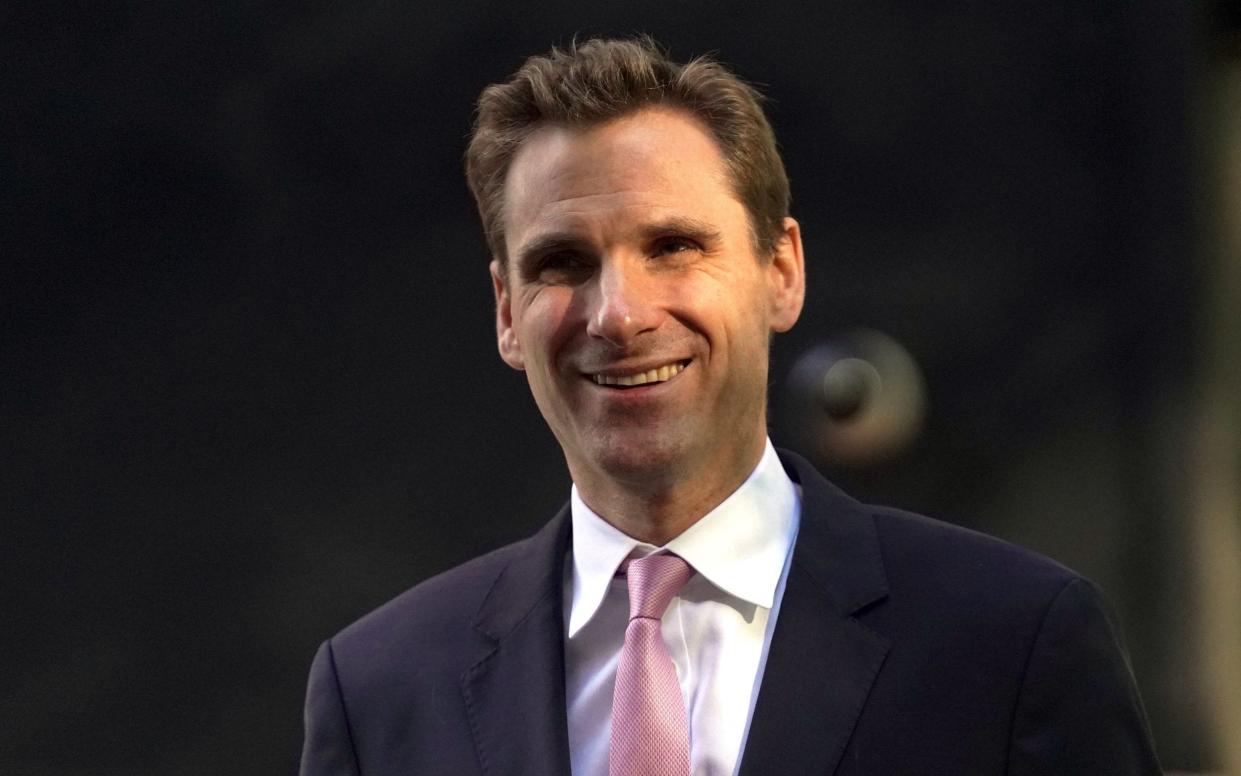Scrapping state pension triple lock ‘under consideration’, warns minister

The Government could weaken the “triple lock” on state pension increases, a minister has suggested.
Prime Minister Liz Truss previously pledged to stand by the lock, a mechanism which ensures the state pension rises by the highest rate of inflation, earnings growth or 2.5pc each year.
But when Treasury minister Chris Philp was asked if the state pension would rise in line with inflation next year, which is expected to be at least 10pc, he said the matter was “under consideration”.
Speaking to ITV’s Robert Peston last night, he said: “I am not going to make policy commitments on live TV, it is going to be considered in the normal way, we will make a decision and it will be announced I am sure in the first instance to the House of Commons."
The Government suspended the 2019 manifesto commitment in a move that left pensioners with a 3.1pc pay rise while inflation rocketed to more than 9pc.
A spokesman later played down Mr Philp's comments and suggested he was talking about a routine annual review of benefits, rather than the triple lock itself.
Commenting on reports that the ministers would be asked to draw up efficiency savings for their departments, Mr Philp said the Government was “looking for efficiencies wherever we can find them”.
The state pension is increased every April using inflation figures from the previous September. With the triple lock in place, pensioners could expect a record increase in April 2023 worth around £1,000 a year.
Maintaining the lock would cost taxpayers an extra £21bn until the next general election, calculations by stockbroker Interactive Investor show.
Helen Morrissey, of broker Hargreaves Lansdown, said Mr Philp’s comments would cause “real concern” among pensioners who had been banking on getting the increase.
“Many pensioners have been left struggling with their finances as the cost of energy and food has soared and their incomes have been unable to keep up,” she said.
The state pension had been expected to breach the £200-a-week mark for the first time next April, with pensioners receiving a record boost as a result of runaway inflation. Consumer prices rose 9.9pc in the year to August and are expected to be in the double digits in the year to September – the month used in the calculation.
A government spokesman said: “The work and pensions secretary will begin her statutory annual review of benefit and state pensions this autumn using the most recent prices and earnings indices available.”

 Yahoo News
Yahoo News 
